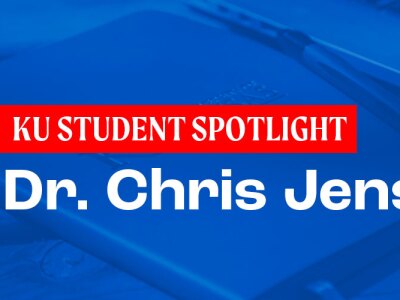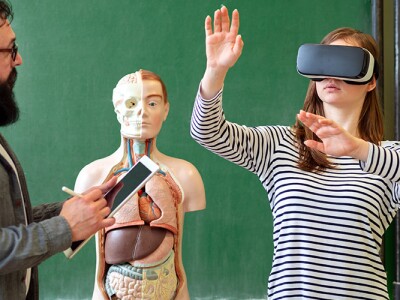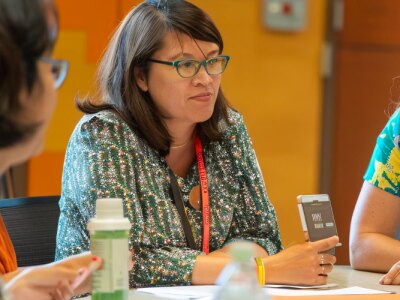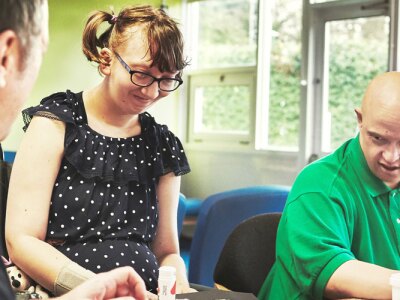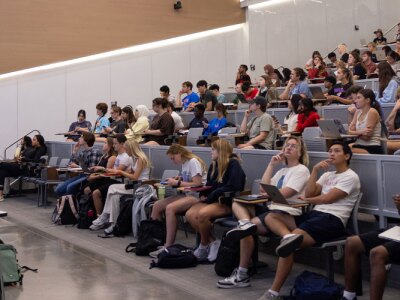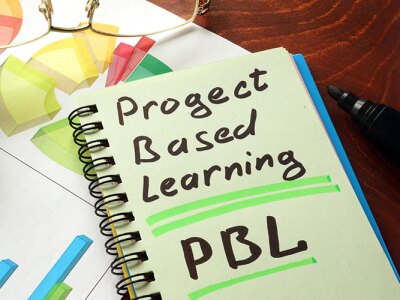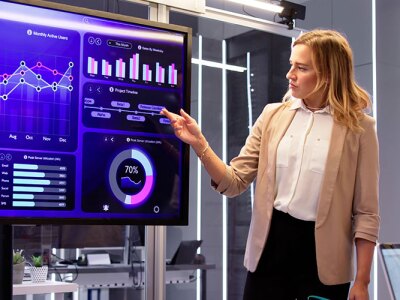KU Online Education Graduate Programs Blog
Shannon Lewis is charting a powerful new path as a graduate student in the online M.S.E. in Curriculum and Instruction program at the University of Kansas. Driven by a passion for helping others and a lifelong love of learning, she’s translating her military experience into a new mission: educating and advocating for others through curriculum development and training.
Dr. Chris Jenson journey has taken him from high-stakes medical situations to high school classrooms and, most recently, to the University of Kansas online master’s in curriculum and instruction program.
Explore how culturally responsive pedagogy strengthens TESOL, supports multilingual learners, and builds more inclusive classrooms.
Students' transition between school and adult life presents one of the most difficult challenges for those working in special education. Explore how effective special education transition planning can set your students up for success.
Explore strategies for leading digital transformation in schools to enhance learning, empower teachers, and prepare students for the future.
Discover how educational leaders are navigating the digital age to improve learning, embrace innovation, and prepare schools for the future.
Change management in education is essential to ensuring that standards do not fall and students are not negatively impacted. Explores the principles of change management in education and how organizational development in schools can be successfully implemented.
Digital learning tools aren't a magic bullet for straight As, but they can make lessons more interactive and enjoyable. Explore the benefits of adopting digital tools and effective strategies to help you use them in your lessons.
Discover how virtual and augmented reality are transforming curriculum design, creating immersive learning experiences for students of all ages.
Learn the importance of functional behavior assessment and data collection in understanding behavioral issues in students.
Learn how assessment and evaluation guide special education, from identifying student needs to creating effective individualized learning plans.
Learn how curriculum-based measurement and progress monitoring track student growth, guide instruction, and improve educational outcomes.
Explore how AI and machine learning are transforming K-12 education, from personalized learning to smarter classroom tools and teaching strategies.
Learn how to create meaningful transition plans that empower students with disabilities to succeed beyond the classroom.
Discover how effective assessment design can improve outcomes and provide meaningful feedback for English language learners.
Learn how inclusive post-secondary transition programs empower diverse learners and prepare them for life after high school.
Explore how transformational leadership reshapes educational administration, fostering innovation and promoting student success in schools.
Discover adaptive curriculum strategies that personalize learning, boost engagement, and give educators actionable real-time insights.
Learn how leveraging the right technology can boost engagement and support better outcomes for ESL students in any learning environment.
Explore cutting-edge curriculum design that blends tech to create engaging lessons and equip learners with real-world skills.
Explore methods to create inclusive school cultures that respect diversity, encourage equity, and cultivate a sense of belonging for all students.
Enhance curriculum with project-based learning that drives engagement. Learn how to build real-world skills and make meaningful experiences.
Explore data-driven decision strategies for education leaders to boost student achievement, optimize resources, and foster continuous improvement.
Discover effective strategies for building school-community partnerships. Learn how leadership, collaboration, and engagement drive true educational success.
When Pariya Rojtanongchai joined the University of Kansas online master's in high incidence disabilities program, she brought with her an uncommon perspective: that of a former corporate lawyer making a deliberate career transition to special education.
Discover how mastering education policy and school governance empowers educational leaders to drive change and improve learning outcomes.
Learn how empowered educational leaders create positive environments, boost student achievement, and align staff with shared goals.
Explore leadership strategies for experienced teachers, examine effective leadership styles, and learn how to measure the impact of your leadership in this informative post.
Explore the legal landscape in education and how it affects educational administration.



